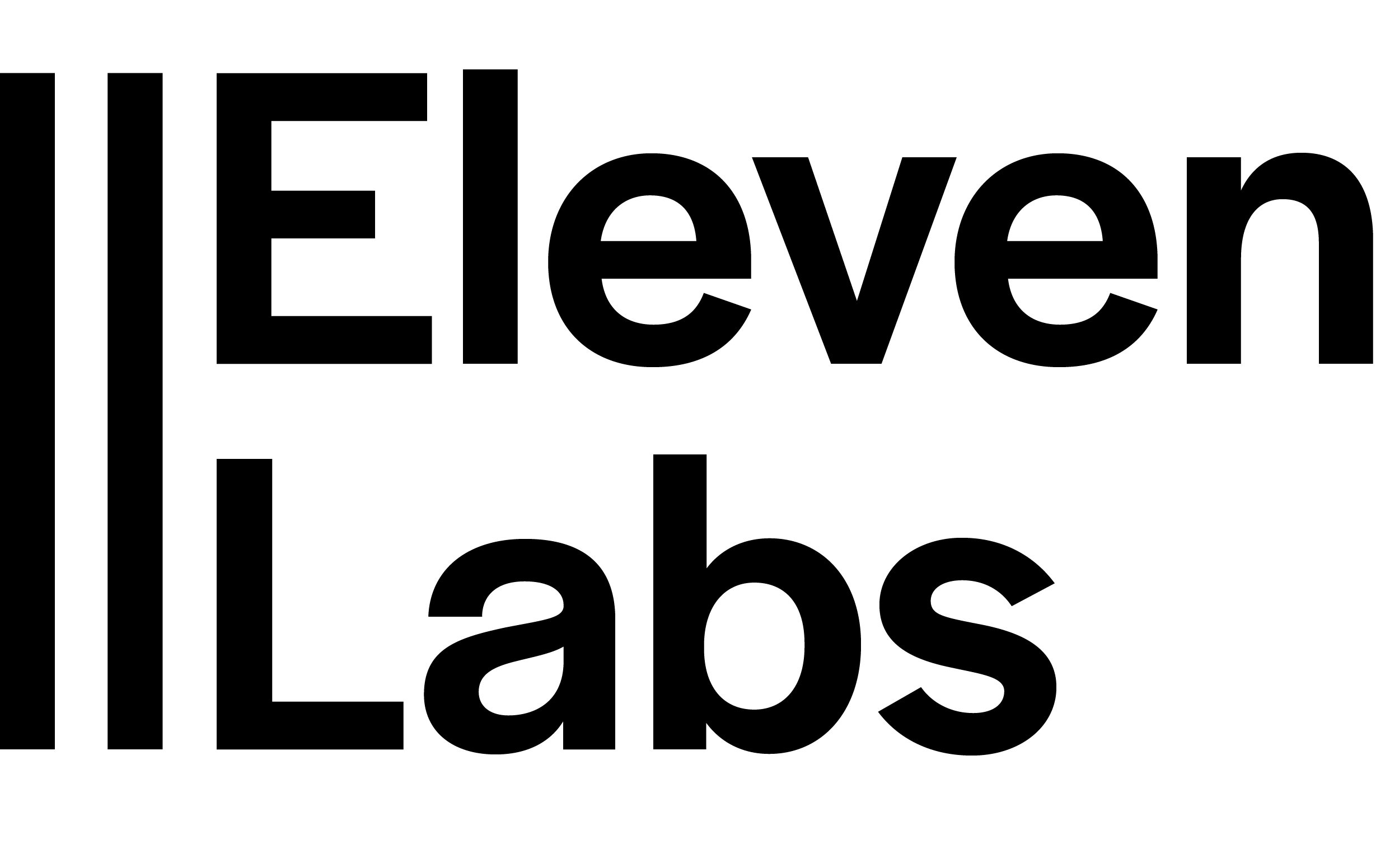The Decline of Google Search: Trust Erosion in the Age of AI
daiverse
Sunday, 06 October 2024 12:16

Google Search, once a reliable source of information, faces a growing crisis of trust. AI-generated content and SEO spam are polluting search results, leading to user frustration and a decline in search quality. The future of online search depends on addressing these challenges and restoring user confidence.
Google Search, once the undisputed leader in online information, faces a crisis of trust. Recent studies and user frustration point to a decline in search quality, fueled by AI-generated content and SEO spam. The future of reliable online information hangs in the balance.
### Google-volution
Google Search has undergone a dramatic evolution over its two-decade lifespan. From a simple, text-based engine prioritizing relevance, it has transformed into a complex ecosystem driven by algorithms, personalized recommendations, and a constant battle against spam. The sheer volume of information online, coupled with the rise of AI-powered content generation, has created challenges for search engines to maintain their accuracy and effectiveness.
Recent news articles and discussions highlight the growing concerns about the quality of Google Search results. A study by German researchers, analyzing 7,392 product review queries, found that SEO spam, particularly AI-generated content, is significantly impacting search rankings. Spam sites dominate the top positions, pushing down genuinely informative and helpful resources. Users report frustration with search results that fail to match their queries, with many feeling like they are being bombarded with irrelevant recommendations.
This trend is not limited to product reviews. The study found an "overall downward trend in text quality" across all three search engines examined - Google, Bing, and DuckDuckGo. This suggests that the problem of spam is pervasive and may indicate a broader shift in the online search landscape.
### The Impact of AI-Generated Content
This erosion of search quality is tied to the rise of AI-generated content, a double-edged sword that has both revolutionized content creation and fueled a growing crisis of trust. AI can churn out content at an astonishing rate, but this abundance often comes at the cost of quality. AI-generated content is frequently shallow, lacking depth, originality, and the nuanced understanding that comes from human experience. When users encounter these "thin" pieces of content, they are left feeling unsatisfied and misled, leading to a decrease in trust in the search engine's ability to provide valuable information.
Furthermore, AI can be used to create large-scale spam campaigns, generating vast amounts of content specifically designed to manipulate search algorithms. This spam often targets specific keywords, pushing irrelevant and low-quality websites to the top of search results, often eclipsing legitimate and trustworthy sources. This practice not only diminishes the accuracy of search results but also breeds distrust, as users become increasingly aware of the manipulation behind the rankings.
### Opaque
The "black box" problem further compounds the issue. AI models are often complex and opaque, making it difficult to understand how they arrive at their output. This lack of transparency fuels suspicion and distrust. Users are left wondering about the origins of the content they are presented with, questioning whether it is genuinely human-written, AI-generated, or even deliberately manipulated.
The issue of trust goes beyond the quality of individual search results. The focus on personalized recommendations, fueled by AI-powered algorithms, can inadvertently lead to echo chambers, where users are only presented with information that reinforces their existing beliefs. This can limit their exposure to diverse viewpoints and perspectives, eroding trust in search engines, as users begin to perceive them as biased tools rather than reliable sources of information.
### The Future of Google Search
The evolution of technology continues to create new challenges, and the battle against spam and the need to balance relevance with personalization will likely intensify. It is crucial for search engines to prioritize user experience, transparency, and accountability. Otherwise, the risk of a fragmented and unreliable information ecosystem could lead to a decline in the very purpose of search: to empower users to find the information they need.
The question remains: Can Google, the titan of online search, adapt and evolve to meet the challenges of the future, or will its reign be eclipsed by newer, more effective tools? Only time will tell, but the stakes are high for both users and the digital information landscape itself. The future of search hinges on rebuilding trust. Search engines must evolve to address the challenges posed by AI-generated content and ensure that users can continue to rely on them as reliable guides in the digital age.
The search for truth is a constant endeavor. As technology evolves, so must our strategies for navigating the vast sea of information online. It is up to search engines, developers, and users to work together to ensure that the search for truth remains a reliable and trustworthy journey.
sponsored
- clone your own voice
- choose from thousands of voices
- reach audiences worldwide in 32 languages
tags
Google Search
AI
Trust Erosion
Search Quality
SEO Spam
Personalized Recommendations
Content Generation
Information Accuracy
User Experience
 natural ai speech synthesis
natural ai speech synthesis